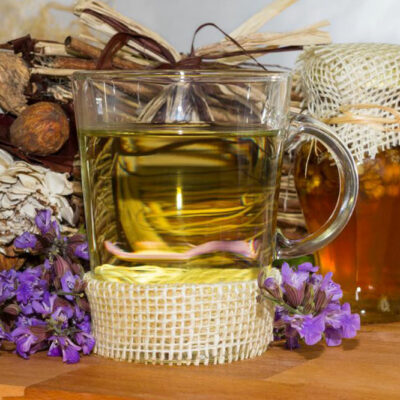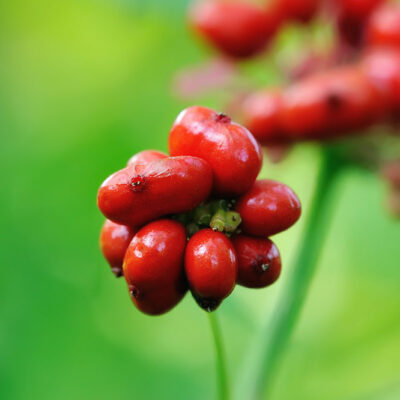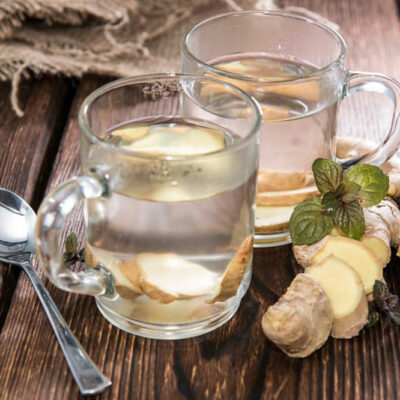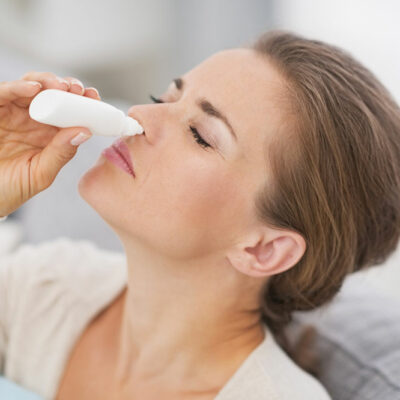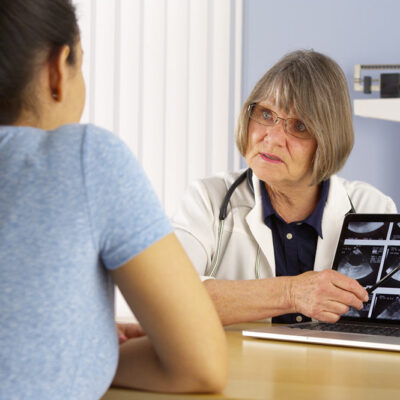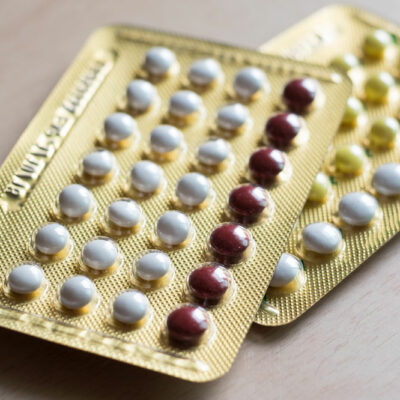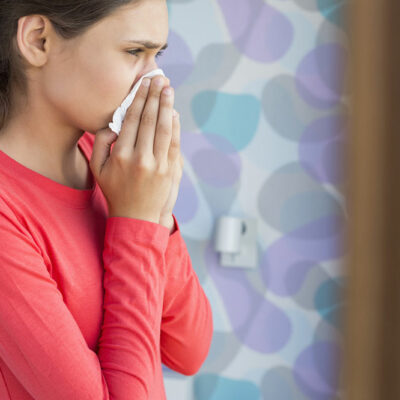
Health
Effective Ways to Prevent Common Cold and Flu
The common cold is typically is an infection of the nose and throat. It can easily be transferred from one person to another via coughing, sneezing, or touching of common surfaces with dirty hands. This infection usually lingers in the human body for about 7 to 10 days. Flu, caused by the influenza virus, can sometimes impact the lungs too apart from nose and throat. Both these conditions are very common in the country. So, knowing about some prevention tips for cold and flu can help. Eat your veggies to avoid a runny nose Green, leafy veggies are rich in essential vitamins and keep your immune system healthy. So, including spinach, kale, cabbage and broccoli in your diet is one of the most efficient prevention tips for cold and flu. Vitamin D You can only improve your immune system if you have sufficient vitamin D in your body. It can be directly obtained from the sun, especially during the wee hours of the morning. Or, you can consume vitamin D rich foods like egg yolks, cheese, fatty fish, and fortified cereals. Eat plenty of fermented foods and probiotics Have foods rich in good bacteria or probiotics, such as yogurt, kefir sauerkraut, pickles, and tempeh.
Read More 